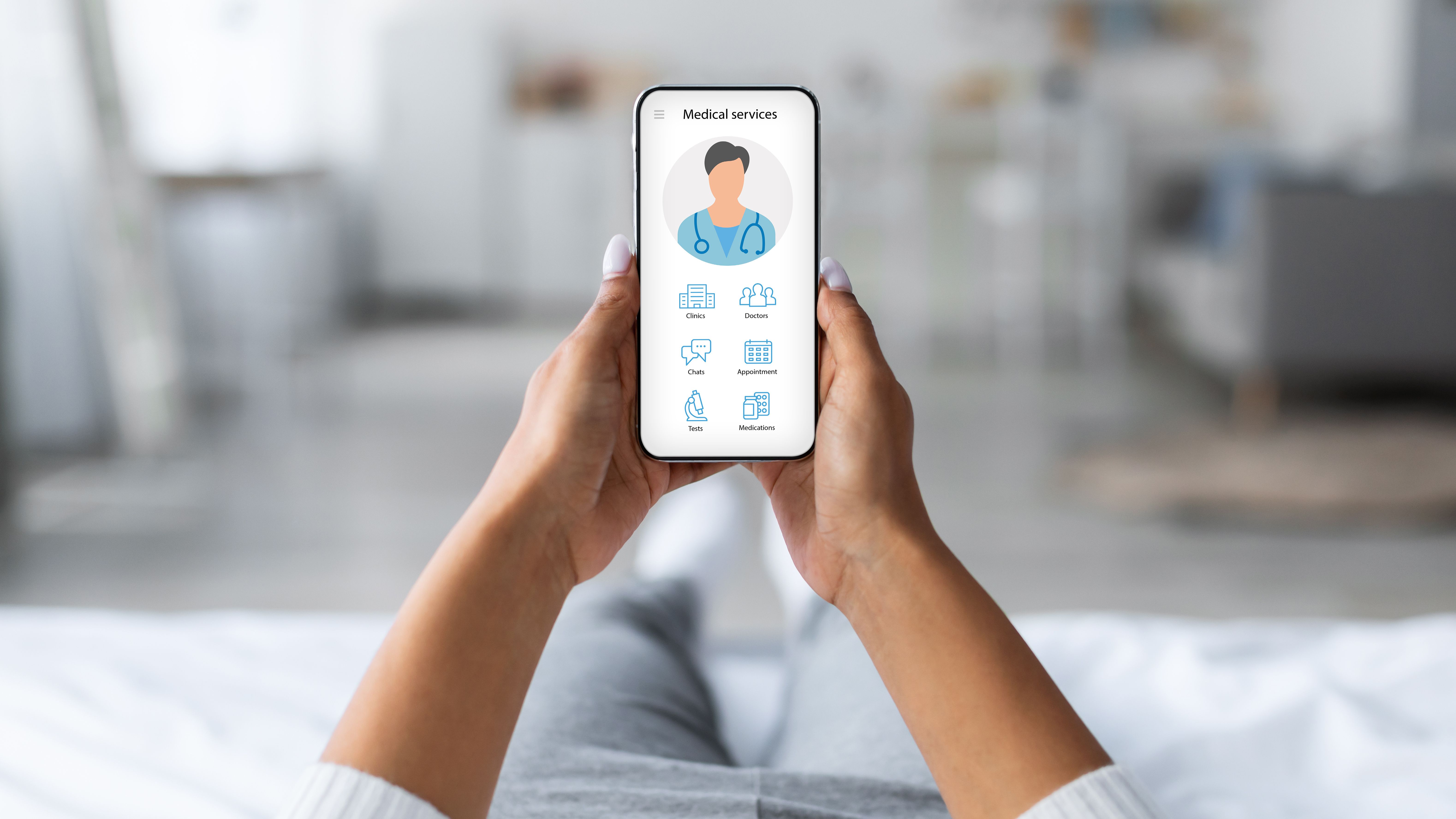Commentary
Article
Examining Trends, Future Directions in AI and Health Care
Author(s):
Liz Kwo, MD, MBA, MPH, chief commercial officer, Everly Health, and faculty lecturer, Harvard Medical School, discusses current and future uses in digital health care.
By staying informed about trends and incorporating artificial intelligence (AI) and digital health innovations, health care providers can effectively navigate the evolving landscape of value-based care, says Liz Kwo, MD, MBA, MPH, chief commercial officer, Everly Health, and faculty lecturer, Harvard Medical School.
This transcript was lightly edited.
Transcript
What do you believe are the most significant trends in AI and digital health care that are likely to shape the future of value-based care, and how should health care providers prepare for these changes?
There's so much. Several significant trends in AI and digital health care are poised to shape the future of value-based care. One is AI-driven diagnostics. The use of AI and diagnostics is expanding with tools that can accurately interpret medical images, pathology, [and] as we talked about, genetic data. Providers should invest in AI technologies that complement the diagnostic process.
The other thing is telemedicine [and] remote patient monitoring. During the pandemic, we've seen these changes really occur to allow for more continued technologies that evolve around platforms for virtual care. Providers should integrate these, especially as you discharge patients from the hospital and still want to monitor and try to get them out of the hospital earlier, so that you can reduce medical costs, but also provide better care.
There's predictive and preventive care, which AI has the ability to look at predicting disease, [as] we talked about earlier, and shifting the focus from reactive to preventative care. Providers should also develop strategies to incorporate predictive analytics to their care plans, emphasizing early intervention.
Interoperable data integration is another key point, which is ensuring that there's a seamless data integration across different health information systems. Providers should prioritize the adoption of these and participate in these initiatives.
And lastly, I'll mention always going back to the patient. AI and digital tools will increasingly empower patients to manage their health care proactively. We're already seeing these in our fitness trackers, our wellness watches, and providers should focus on really enhancing patient engagement through this personalized health solution. I would say, by standing abreast of these trends, really focusing on proactively incorporating AI and digital health into these innovations, health care providers can really effectively navigate the evolving landscape of value-based care.
Can you provide an overview of DigitalMD, and the inspiration behind it?
I love working with AJMC®. It's my source of truth for a lot of really good information about managed care and value-based care. Because I've worked with AJMC, my excitement around it was that I want to help more health care innovators build a better future for patients everywhere. I wrote this book called DigitalMD with AJMC and the support of all these great companies and organizations, to stay on top of the rapid health care digital transformation that's occurring.
I want to share my hard-won takeaways after working at a payer, being a provider myself, being a pioneer, even a patient, and then lastly, working with some policymakers to really discover the perspective of a health care workforce, and how we partner with all these different agencies—these what I call 5-piece stakeholders. How they are thinking about it and how do we dispel the prevalent myths about how health tech is paid for? How we work as a society to come together to think about value-based care and incorporate all these great innovations into the really good work that policymakers are putting together.
So whatever your role in health care, whether you're on the policy side, whether you're a payer, whether you're a provider, the goal for this book is to really share the knowledge, and let's all act together to guide our optimal success for our patients.
Newsletter
Stay ahead of policy, cost, and value—subscribe to AJMC for expert insights at the intersection of clinical care and health economics.





